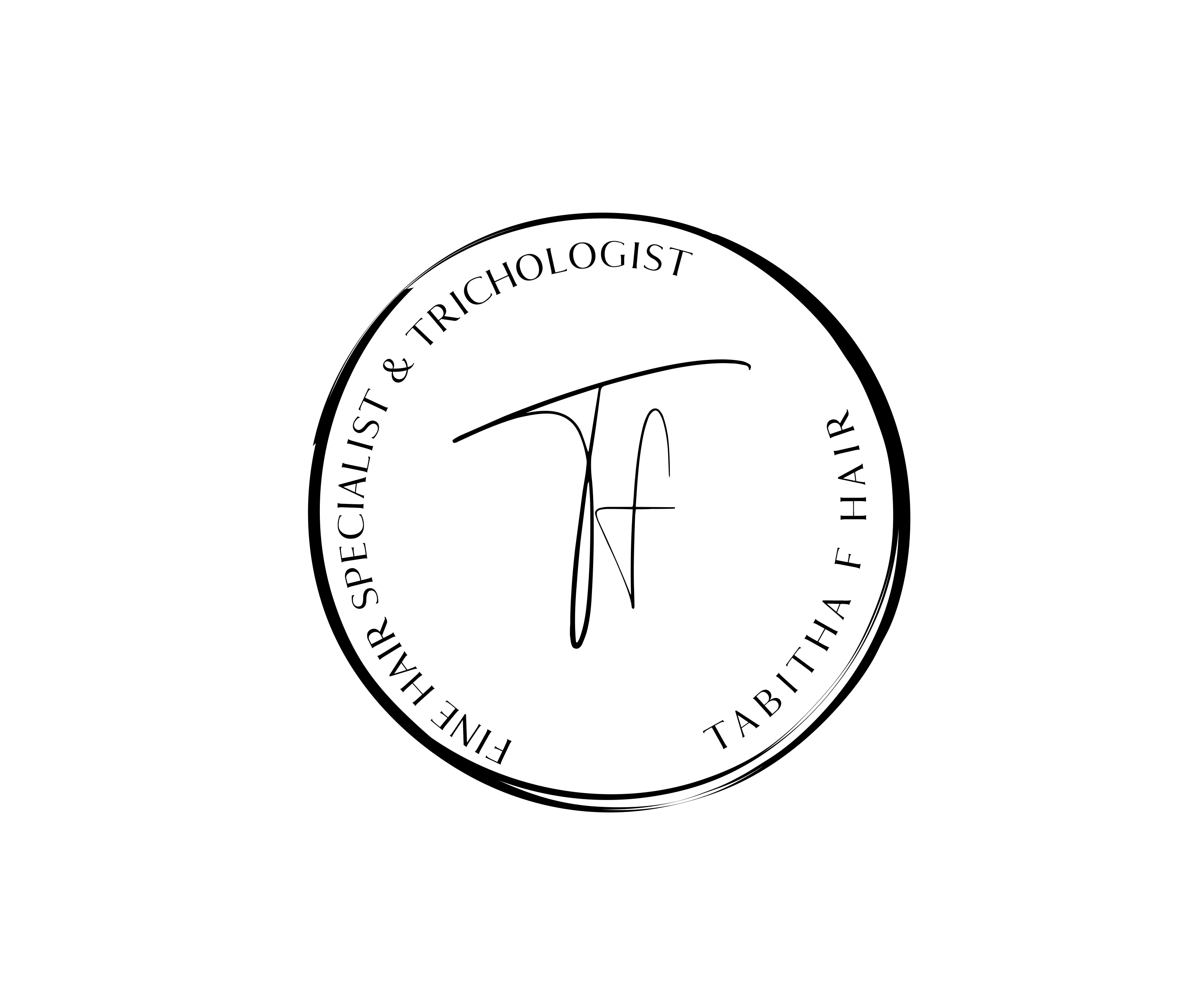Beyond the Surface: The Link Between Stress and Hair Loss
- Tabitha Fredrichs

- Nov 25, 2023
- 3 min read

Hair loss can be a deeply distressing experience, and for many, it's not just about the physical changes but the emotional toll it takes. As hair loss specialists, our mission goes beyond restoring locks; it includes understanding the intricate relationship between stress and hair loss. We need to be addressing stress in every consultation, It is a vital part of our practice.
The Stress-Hair Loss Connection:
Stress happens. It can manifest in various forms, from work-related pressures to personal challenges, and even health concerns. What many don't realize is that stress can be a significant contributing factor to hair loss. Here are the most common forms of hair loss that stress affects.
Telogen Effluvium: This type of hair loss is often linked to stress. It occurs when there's a sudden shock to the system, leading hair follicles to enter the resting phase and shed more hair than usual.
Trichotillomania: Stress can also trigger hair-pulling behaviors in individuals suffering from trichotillomania, further exacerbating hair loss.
Alopecia Areata: This autoimmune condition can be triggered by stress, leading to hair loss in localized areas.
Hormonal Changes: Stress can disrupt hormonal balance, leading to hair thinning in conditions like androgenetic alopecia.
Blood Circulation: Chronic stress can lead to poor blood circulation, affecting the scalp's ability to receive essential nutrients for hair growth.
The Importance of Addressing Stress:
As hair loss specialists, it's our responsibility to not only identify and treat the physical aspects of hair loss but also to address the underlying factors that may contribute to it. Stress is a prime candidate, and for several reasons, it should be a central topic in every consultation:
Holistic Approach: Stress is an integral part of a client's well-being. By discussing stress, we adopt a holistic approach that acknowledges the emotional and psychological aspects of hair loss.
Client Well-Being: Hair loss can profoundly affect one's self-esteem and mental health. By discussing stress, we demonstrate our commitment to the overall well-being of our clients.
Prevention: Identifying stress early on can help prevent hair loss or slow down its effects. By providing stress management strategies, we empower our clients to take proactive steps.
Tailored Solutions: Understanding the stressors in a client's life allows us to tailor our treatments and recommendations to address not just the physical aspects of hair loss but also the emotional components.
Incorporating Stress Management:
In every consultation, it's important to create a safe and empathetic space for clients to discuss their stressors. Here are some strategies to incorporate stress management into your practice:
Open Dialogue: Initiate conversations about stress in a non-judgmental way. Encourage clients to share their experiences and concerns.
Education: Provide information on the stress-hair loss connection, helping clients understand how stress can impact their hair.
Stress-Reduction Techniques: Offer practical stress-reduction techniques such as mindfulness, relaxation exercises, deep breathing and lifestyle adjustments.
Referral: When necessary, consider referring clients to mental health professionals or support groups to address chronic stress or underlying emotional issues.
Ongoing Support: Follow up with clients to monitor their stress levels and provide ongoing support as part of their hair loss treatment plan.
The connection between stress and hair loss is undeniable, and as hair loss specialists & Trichologists, we have a unique opportunity to address both the physical and emotional aspects of hair loss. By discussing stress in every consultation and offering guidance on stress management, we not only enhance our clients' well-being but also improve the overall effectiveness of our treatments. It's a holistic approach that can lead to more satisfied, confident, and stress-resilient clients, and ultimately, healthier, happier heads of hair.





Comments